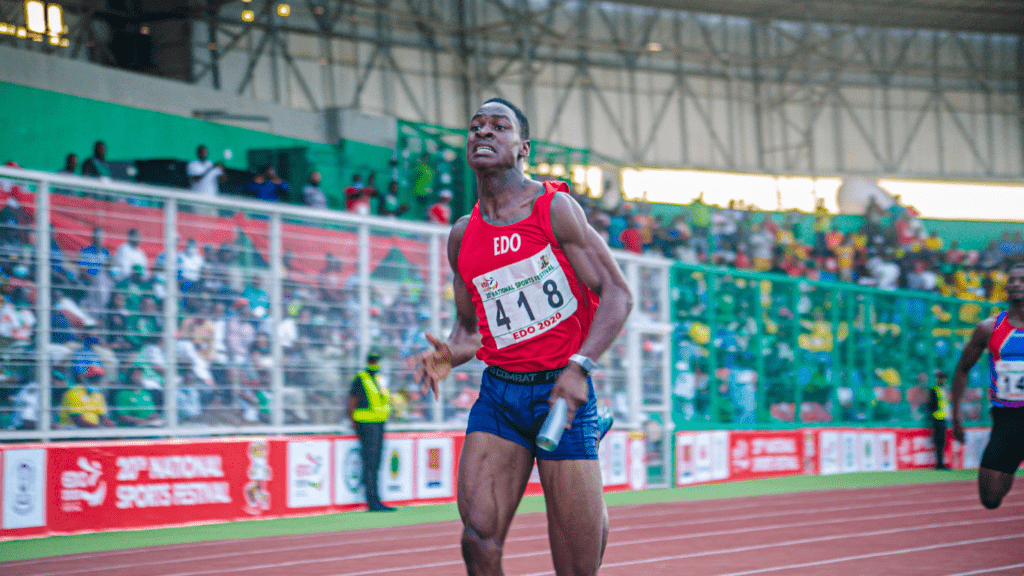The Economic Impact Of Major Sporting Events
Hosting major sporting events significantly boosts the local economy through increased tourism and business activities. The influx of visitors contributes to various sectors.
Increased Spending By Visitors
Visitors spend money on:
- accommodations
- dining
- entertainment
For instance, during the 2016 Summer Olympics in Rio de Janeiro, the city recorded over 1.17 million visitors. These tourists spent around $1.2 billion according to the Brazilian Ministry of Tourism. Hotels, restaurants, and local attractions see substantial revenue spikes during these events, which circulate money within the local economy.
Job Creation And Local Business Growth
Major sporting events generate numerous temporary and permanent jobs. The London 2012 Olympics created approximately 70,000 temporary positions, from event staff to construction workers. Local businesses, such as cafes and souvenir shops, also benefit. For example, small businesses located near stadiums see increased foot traffic and sales. Long-term investments in infrastructure like transportation and arenas further stimulate economic growth even after the events conclude.
Infrastructure Development

Major sporting events drive significant infrastructure development in host cities. These changes often include improvements to transportation networks and enhancements to hospitality services, benefiting both residents and visitors.
Improvements to Transportation
Hosting a major sporting event necessitates an efficient and reliable transportation system. Cities often invest heavily in upgrading public transit, expanding road networks, and enhancing airport facilities. For example, leading up to the 2012 Summer Olympics, London improved its rail network by adding new lines and increasing capacity. Similarly, Rio de Janeiro invested in a new rapid bus transit system, reducing traffic congestion and providing sustainable transport options. These infrastructure upgrades provide long-term benefits, improving daily commutes and supporting future tourism.
Enhancements to Hospitality Services
- The influx of visitors for major sporting events demands robust hospitality services.
- Cities typically invest in expanding accommodations, upgrading existing hotels, and enhancing dining and entertainment options.
- In preparation for the 2014 FIFA World Cup, Brazil saw the construction of new hotels and restaurants, significantly boosting its hospitality sector.
- Investments in customer service training for staff and technological upgrades, like free Wi-Fi in public spaces, ensure a positive visitor experience.
- These enhancements not only accommodate event attendees but also attract future tourists, providing sustained economic benefits to the city.
Media Exposure And Branding
Major sporting events offer unparalleled opportunities for media exposure and branding that can elevate a city’s global profile. This extensive coverage plays a critical role in attracting tourists, investments, and future events.
Global Media Coverage
Global media coverage extensively broadcasts major sporting events, showcasing the host city to millions worldwide. For instance, the 2018 FIFA World Cup reached over 3.5 billion viewers globally. Such widespread attention highlights the city’s attractions, culture, and unique offerings. Live broadcasts, social media updates, and news articles continuously spotlight the host destination, creating an avalanche of free advertising. Consistent exposure boosts global awareness, making the city a prime travel destination.
Long-Term Reputation Boost
The long-term reputation of a host city experiences significant enhancement due to the successful execution of major sporting events. Positive media stories about efficient event management, vibrant local culture, and state-of-the-art infrastructure contribute to a lasting positive image. The 1992 Barcelona Olympics transformed the city’s global perception, catalyzing a surge in tourism that persists today. Moreover, the continuous use of event-related branding in subsequent marketing campaigns reinforces the city’s status as a premier tourist spot.
Cultural Exchange And Community Pride
Major sporting events don’t just boost the economy; they also foster cultural exchange and community pride. These events create a platform where people from diverse backgrounds interact and share their cultures, enhancing mutual understanding and respect.
Promoting Cultural Exchange
Sporting events serve as prime venues for promoting cultural exchange. Visitors from numerous countries converge on the host city, bringing their unique customs and traditions with them. At the 2016 Rio Olympics, for instance, cultural pavilions showcased various nations’ heritage, from traditional dances to local cuisines. These interactions increase cultural awareness and appreciation among attendees. The FIFA World Cup also exemplifies this exchange, with fans from over 30 countries celebrating together in designated fan zones.
Strengthening Community Identity
Hosting major sporting events strengthens community identity and pride among residents. Locals collectively support their city, contributing to a unified sense of belonging and accomplishment. The Sydney 2000 Olympics saw widespread volunteer participation, with over 47,000 volunteers helping to host the event, showcasing community spirit. Moreover, infrastructure improvements and global recognition leave a lasting impact, fostering long-term civic pride. The transformation of East London post-2012 Olympics is a prime example, where residents continue to benefit from rejuvenation projects and new facilities, reinforcing a shared sense of identity.
Challenges And Considerations
Despite the numerous benefits of major sporting events, several challenges and considerations must be addressed.
Managing Environmental Impact
Environmental impact is a significant concern for host cities. Large-scale events generate substantial waste and increase carbon emissions. Sustainable practices, such as recycling programs, are essential to mitigate these effects. Using renewable energy sources, like solar panels, can also reduce the event’s carbon footprint. For example, the 2012 London Olympics implemented rigorous sustainability standards, ensuring that 98% of materials from demolished buildings were reused or recycled.
Host cities also need to consider the long-term environmental consequences of newly constructed facilities. Planning for post-event use can help prevent venues from becoming abandoned eyesores. Repurposing these structures for community use, as seen with the transformation of the Olympic Stadium in London into a multi-use venue, can provide lasting benefits.
Addressing Security Concerns
Security is paramount during major sporting events. The influx of visitors and increased media attention make these events potential targets for various threats. Comprehensive security plans, integrating local and national law enforcement agencies, are crucial. Technology plays a significant role in these efforts. For instance, facial recognition systems and drone surveillance can enhance safety measures.
Ensuring the safety of participants, officials, and spectators involves detailed risk assessments and robust contingency plans. The 2016 Rio Olympics demonstrated the importance of these measures, with over 85,000 security personnel deployed to maintain order. Collaboration with international security experts can also provide valuable insights and strategies to address potential threats.



